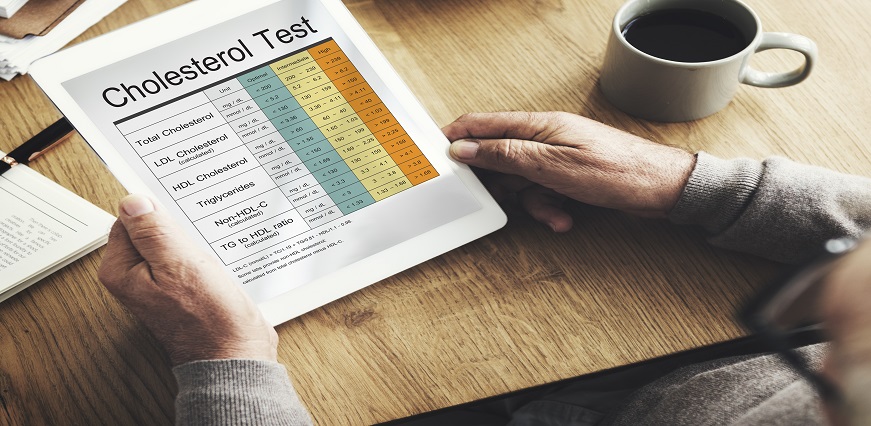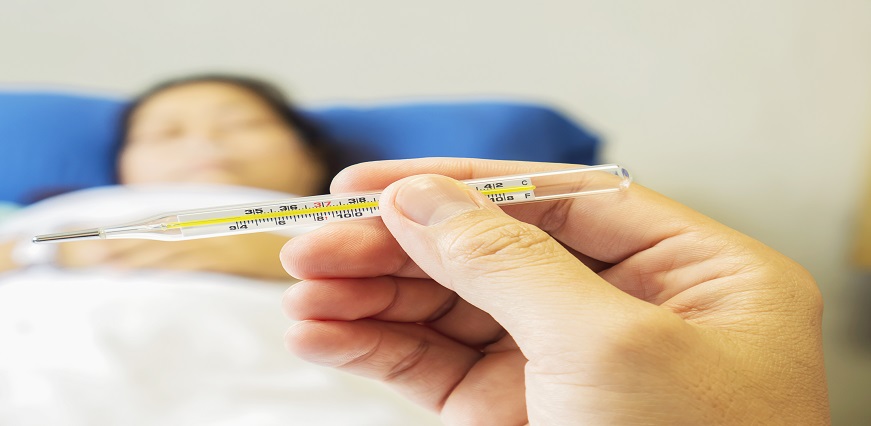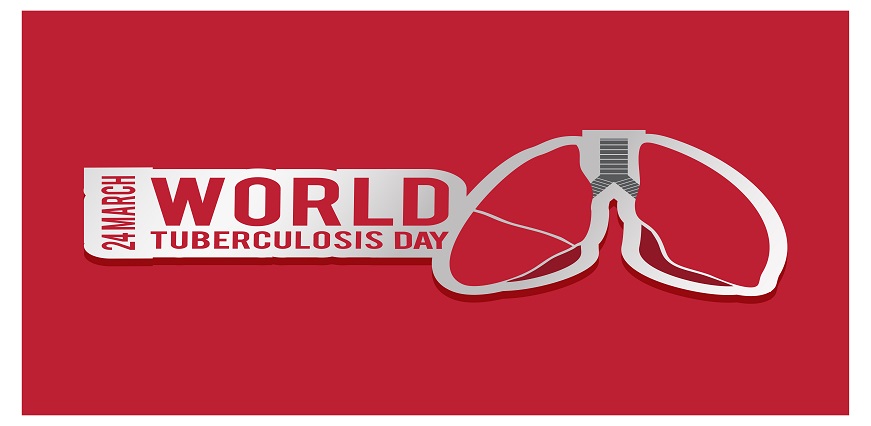





No lab centers are available in this city

Max Lab
Mar 08, 2022
With the stress and pressures related to the modern-day lifestyle, focusing on heart health has become more important than ever, and the cholesterol levels of the body are an important component of the same. Keeping a check on the cholesterol levels in the body is vital for good health as a higher-than-normal blood cholesterol level does not show any symptoms but can lead to a number of serious issues like a heart stroke, cardiovascular conditions, etc.
Cholesterol is a waxy, fat-like substance that is made by the body for performing important tasks like producing hormones or digesting the fat in your food. As the body produces all the cholesterol you require, it is advised to limit the intake of dietary cholesterol. Cholesterol can be categorised into two types, based on the protein that carries them in the blood:
While the body requires cholesterol for functioning properly, excessive levels of bad cholesterol can lead to plaque accumulation on the blood vessel walls, blocking blood flow, and putting you at risk for heart disease and strokes. The measurement of cholesterol levels in the body can help avoid such conditions.
The measurement of cholesterol levels in the body is done through a blood test. There are basically two types of tests that check cholesterol levels – the HDL test and the lipid profile.
This test is for the measurement of HDL cholesterol specifically and may be ordered as a follow-up test if a cholesterol screening comes back with high results. Regular HDL tests may also be recommended for monitoring cholesterol levels of people who are at high risk for cardiovascular issues.
A lipid profile is a more comprehensive cholesterol blood test that checks the levels of LDL, the “bad” cholesterol; HDL, the “good” cholesterol; triglycerides, a type of fat used by the body for energy; and total cholesterol, which is calculated based on the levels of HDL, LDL, and triglycerides.
Individuals should consult with their doctor to better understand their risk factors, how to test their cholesterol levels, which test they should get performed, and how regularly they should check their cholesterol levels.
The presence of too much cholesterol in the body can lead to a build-up of the fatty substance on the walls of the blood vessels. As the vessels start narrowing due to the fatty substance, they restrict blood flow to and from the heart, which leads to several serious health conditions, if not kept under check. Fasting before a cholesterol test may be recommended by the doctor in some cases.
With the option to check cholesterol at home with home sample pickups, it has become easier than ever to monitor the levels of cholesterol in the body.
Healthy individuals should ideally get their cholesterol checked around the age of 20 and repeat it every 5 years or so. After the age of 40, it is recommended that the cholesterol test should be performed every year.
A doctor may order a patient to get cholesterol tests performed more frequently if they are at high risk for cardiovascular issues or high cholesterol levels.
Risk Factors for High Cholesterol:
Normal Level of Blood Cholesterol
Fasting before the cholesterol test is not always required and is based on your health condition.
Regardless of their age, people can take several steps to ensure a healthy lifestyle and maintain their cholesterol levels. These include:
In case a person has high cholesterol levels, they can take steps to manage the condition:
Cholesterol levels can be kept in the desirable range through appropriate lifestyle changes; the onus is on you to manage it well.












Sign up takes less than 60 secs and gives you access to your offers, orders and lab tests.
Looks like you are not registered with us. Please Sign up to proceed
OTP will be sent to this number by SMS
We have successfully received your details. One of the agents will call you back soon.
 To reach our help desk call 9213188888
To reach our help desk call 9213188888
No Lab Centers are available in this city
Looks like you are not registered with us. Please Sign up to proceed
OTP will be sent to this number by SMS
Not Registered Yet? Signup now.Looks like you are not registered with us. Please Sign up to proceed





 7982100200
7982100200.png)
Comments